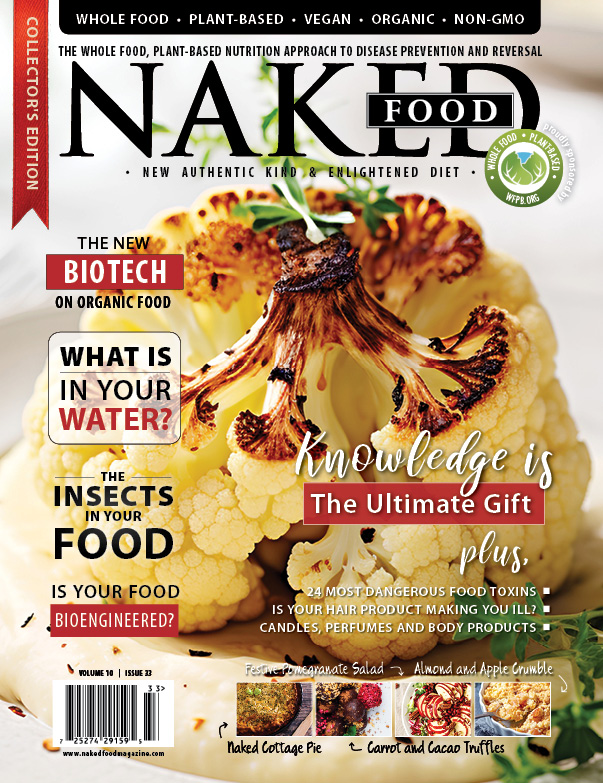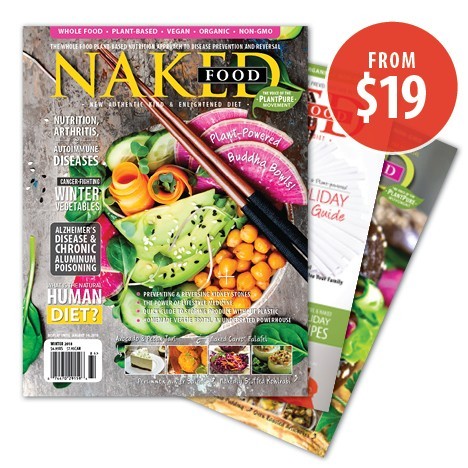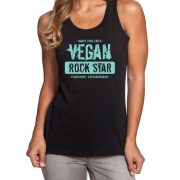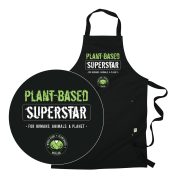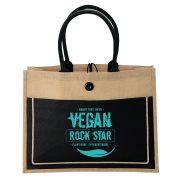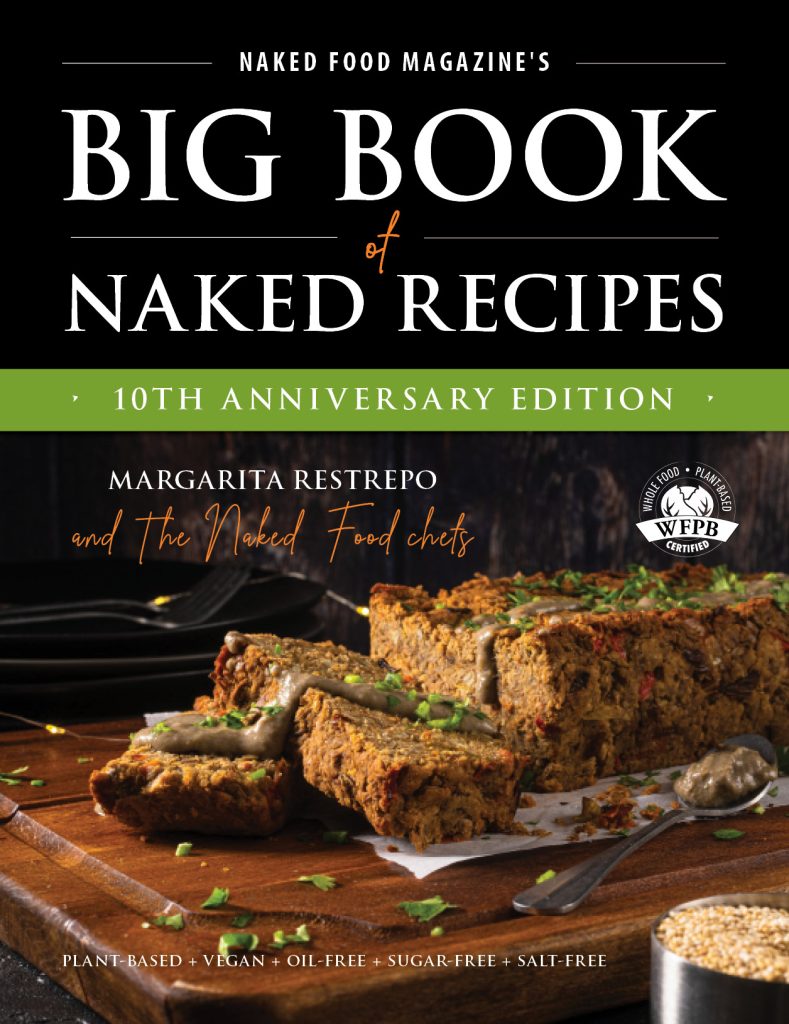Large Kitchen Tools
Besides the usual refrigerator and oven/stove, you will need:
• High-powered Blender: We recommend the brands Vitamix® and Blendtec®. For a less expensive option, we recommend the Ninja® brand.
• Food Processor: According to the brand manufacturers, these are BPA, PVC, Phthalate-free: Dex Products® Baby Food Processor, Vitamix® Professional, Vortex® Blender Manual Blender, DeLonghi® Food Processor, and Philips® Food Processor.
• Dehydrator: We recommend Excalibur® for drying fruits and veggies.
• Ice Cream Maker: Choose silicone molds to make dairy-free ice creams and pops. We also recommend Yonana® Ice Cream Maker, for frozen fruit desserts.
• Silicone Ice-Makers.
• Crock Pot/Slow-Cooker: As an option, you may prefer to get a slow cooker to cook grains and vegetables on low temperatures. Hamilton Beach® offers lead-free slow cookers.
• A nut milk-maker to make nut and legume milk
• An air-fryer to toast plant-foods without the use of oil
• Water Filter: There are many available in the market, although we recommend ones that are metal and plastic free, PBA and lead-free and that filter all chemicals, fluoride, and chlorine from the water. We will post our favorite brands soon.
Cookware
Use non-stick, Teflon®-free and chemical-free cookware. Acceptable cookware materials include glass, non-stick coated pans and bake ware, silicone-coated bake ware, solid silicone bake ware, ceramic and stone ware.
• Stainless Steel, Titanium, Ceramic and stone cookware are ideal. We recommend ceramic skillets such as Xtrema® Cookware and Le Creuset® or the stainless steel and titanium pans from Scanpan. For stone cookware, there are some good sustainable choices as well, though make sure they are lead-free.
• Glass- or silicone-based baking dishes are great for everyday cooking and baking.
• Use parchment paper sheets or silicone mats such as Silpat® in between cooking trays and food, unless you are using silicone, ceramic, or glass.
• Iron, aluminum, copper, and any other metal cookware should be avoided.Avoid contact between food and aluminum foil. All soft and heavy metal cooking or kitchen storage materials should be avoided.
• We do not recommend using a microwave at all. Although cooking more quickly is time-efficient, microwave ovens are not healthy. Take a couple of minutes and reheat your food in the stove or oven.
A few general tips on cookware:
• If your nonstick coating is chipped, scratched, or damaged you must dispose of it immediately.
• Never use metal utensils with your cookware.
• Never use steel wool to clean the nonstick coating. Use sponges, and let the cookware soak in water to loosen burnt food.
• Don’t exceed temperatures of 450°F, as this could cause the coating to break down.
• When storing cookware, do not pile them on top of each other as this could damage the coating.
Small Kitchen Tools
You will need:
• A set of quality knives made of ceramic or stainless steel
• A julienne peeler
• A mandoline slicer to grate, slice, or cut
• Bamboo cutting boards
• Bamboo or silicone cooking utensils
• A fermentation crock
• A spiralizer for making vegetable and fruit noodles and a variety of creative slices
Food Containers

We use and recommend glass jars for food storage, drinking glasses, fermentation for beet kvass, water kefir, and salsa, as well as for second ferments of kombucha. Glass containers and jars come in different sizes and styles. Another container material recommended are silicone containers or paper bags for children school lunches. We recommend staying away from plastic containers as much as possible. Some of the most common food container tools include:
• Quart-size and pint-size mason jars: Use for drinking glasses, storing food in the fridge, packing salads and foods for lunch, etc.
• Silicone or BPA-free lids: Convert mason jars into drinking cups for hot or cold beverages.
• Sprouting lids for mason jars: Great for covering open ferments.
• Storage jars with glass lids.
• BPA-free plastic bags for occasional food storage*.
Other Items
• Cheesecloth for nut milks. You can also use a teakettle filter to drain the pulp.
• Cloth napkins
• Bamboo or silicone bowls for mixing and serving
• Glass containers
• Silicone mitts
Reusing, Reducing, & Recycling starts from your Kitchen
• Recycling old cookware:
Most recycling programs do not accept china or ceramic plates and bowls. The most sustainable way to get rid of old crockery is to simply donate it to a thrift store, charity, or friend in need.
Metal pots, pans, and flatware can be recycled if your program accepts “scrap metal,” but these items are usually not collected at the curb. Pans lined with Teflon or another non-stick compound are usually not recyclable.
• Recycling old knives:
Make sure to cover them in cardboard and write “SHARP” on the outside so sanitation workers are not injured.
• Avoid plastic kitchen tools, cookware, plates, utensils, or plastic cups as much as possible.
Plastic should be discarded properly – remember that one of the worst causes of planet and ocean toxicity is due to the amount of discarded plastic we have tossed into it over the years. A recent study estimates an average of about eight million tons of plastic—including everything from water bottles to garbage bags to food packaging—is improperly disposed of every year. The amount of debris in the Great Pacific Garbage Patch has accumulated because much of it is not biodegradable. Please use bio-degradable items, tools, and products, and remember to recycle properly.

• Discarding plastic cartons, jars, and containers:
Before dumping anything into the recycling bin, mosey over to your state or municipality’s website to scope out which varieties of plastics are acceptable. The Plastics Industry Trade Association created the “Resin Identification Code” system, in which numbers one through seven identify grades of plastic. Look on the bottom of any container for the number inside the triangular recycling symbol to know whether it will be accepted for recycling in your area. Some places may not accept certain recycling numbers, so be sure to check the piece before recycling.




